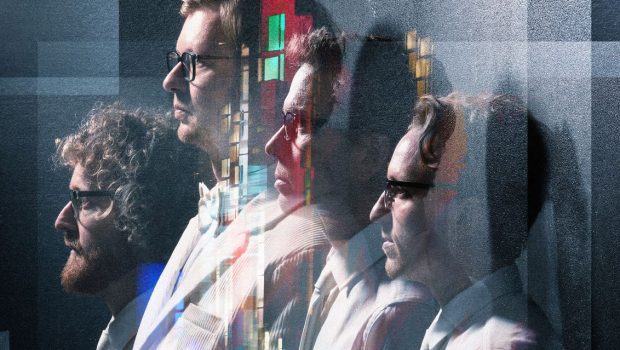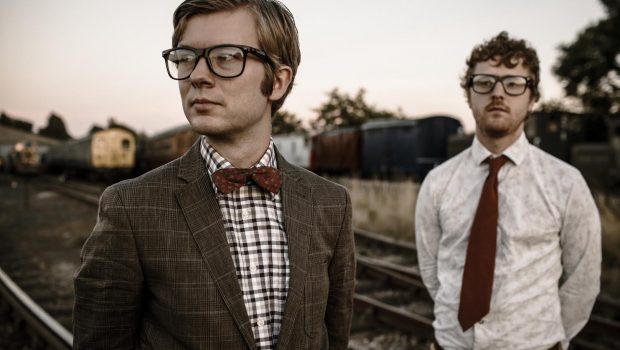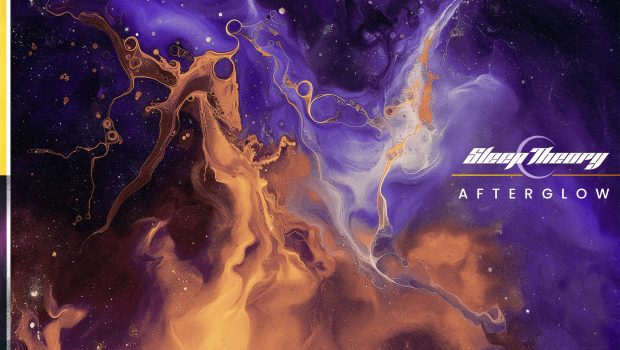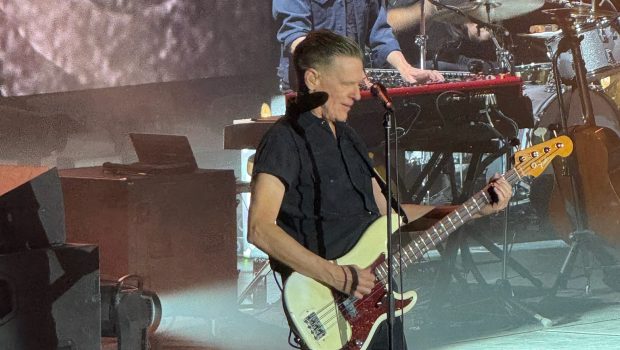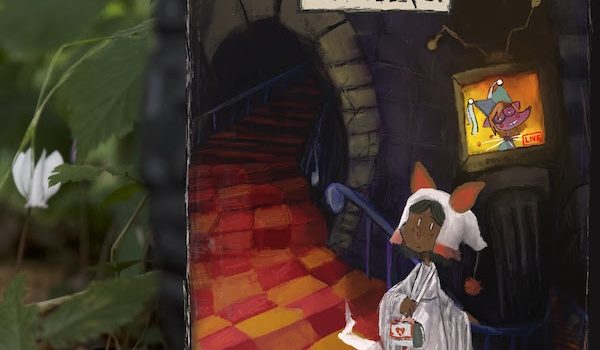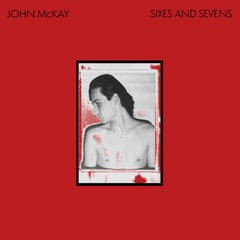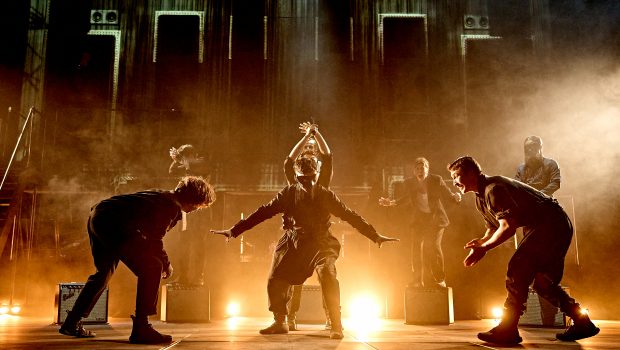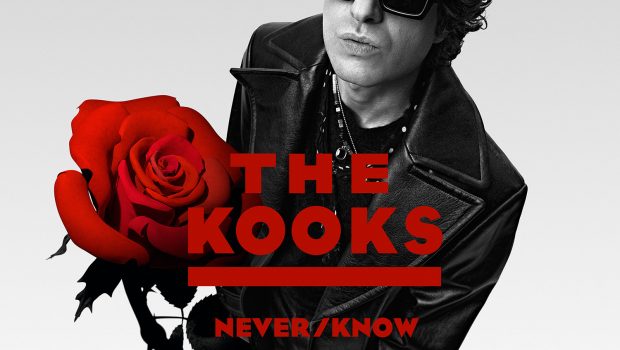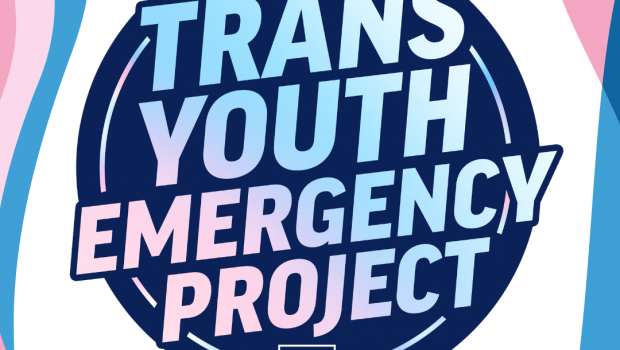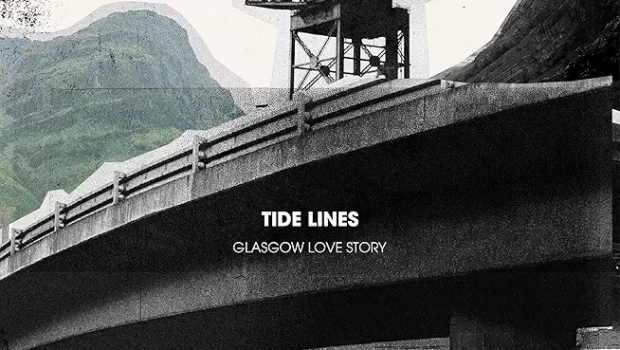 With all the hype surrounding the archive savvy Londoners Public Service Broadcasting, I couldn’t help but lay out a few questions for J. Willgoose, Esq regarding the inspiration, album themes and motivations and most importantly, what we can look forward to from them in the future.
With all the hype surrounding the archive savvy Londoners Public Service Broadcasting, I couldn’t help but lay out a few questions for J. Willgoose, Esq regarding the inspiration, album themes and motivations and most importantly, what we can look forward to from them in the future.
Could you tell our readers how you came up with the idea for the band?
I was listening to an Archive Hour programme on Radio 4 and heard none other than Mr Tom Robinson talking of some BFI material being released onto the internet for the first time. I went and had a look and a bit of a rummage and ended up making a song using one of the films, and it went from there really.
How has your live set-up evolved since the band began? Why do you feel it is important to include a visual element in your live shows?
It’s come on a long way, but in small steps and quite naturally, which is quite pleasing. It’s never felt forced. I used to perform solo with no visuals at all, but then booked a week at the Edinburgh Fringe and thought I needed to do something extra to stand out amongst all the other acts there (and with a potential average audience of 6). That’s when Old Faithful (our first TV set) came into being and I made videos for all the songs. Then Wrigglesworth came on board in September 2010 and as we’ve approached the album tour we’ve also started working with a dedicated visuals man and upgrading the visual aspect to the show – it’s pretty full-on now!
Can you tell us a bit about some of the themes on the new album, Inform – Educate – Entertain?
There’s quite a wide range of themes on the album – it’s supposed to reflect our interests and the kind of music we’re interested in making. It veers between fairly serious and fairly light-hearted – much more so than The War Room which came before. You can go from the more lofty and ethereal Everest to our song devoted to corduroy, The Now Generation, and the styles are fairly different I think to reflect the change in tone. We’ve also got our rather tongue-in-cheek theme tune on there, which is going to be the next single from the album.
Is Inform – Educate – Entertain a more fulfilled version of what you originally had in mind for the band?
In a funny way, yes and no; it is what I thought it would first be, that is an album where each song is based on a different public information or archive film, but I think musically it’s much more developed than I originally would’ve envisaged. It’s a bit more ambitious and accomplished than I think I would’ve managed 4 years ago when I started doing this, but I think there’s room to make the scope and scale even grander in future. I’m looking forward to working on the next material.
A few of your samples are taken from American public information films. What is it that intrigues you most about American culture in these samples?
I love the character and tone of the voices, for one – they’re just so full of self-importance and hyperbole that they can’t help but be funny. But at the same time, with ROYGBIV, some of the lines are actually quite beautifully written, but they’re delivered in such an overbearing tone that it kind of undermines the lyrical nature of them. I also think the grandness of these statements brought into the modern age helps highlights the ephemeral nature of marketing, and how there will always be these ‘great’ new inventions being touted as the next big thing, but really they’re not all that.
Could you tell us a bit about the recording process for the album. Do you write the music first and then find clips to sample, or vice versa?
It varies – for Signal 30 I had the song mostly written and thought it’d be a good twist to take a song that sounds like it’d be good to drive fast to and set driving safety messages to it. For Everest, it was much more about finding the original film – which is amazing – and trying to write something that matched it for scale and depth of feeling.
What do you hope listeners will take away from Inform – Educate – Entertain ?
The emphasis is very definitely on entertaining, so that, first and foremost. But there are a lot of interesting back-stories that you can dig out, if you feel so inclined – for example behind Lit Up and the story of Tommy Woodroffe, and the notes used at the start. Or the backstory to The First of the Few, which is the film we used for Spitfire – reading about Leslie Howard’s role in the war, and the way he was sadly killed, is fascinating.
What would qualify as success for the band?
I think what we’ve already had qualifies as amazing success. You don’t start doing this kind of thing cynically, thinking it’s going to find a relatively mainstream audience – I always thought it’d be a very niche thing and probably wouldn’t attract many people, but that it’d be fun. Fun to play and fun to watch, and I think it’s been that emphasis all along (plus a great deal of luck) that’s enabled us to get to where we are today.


